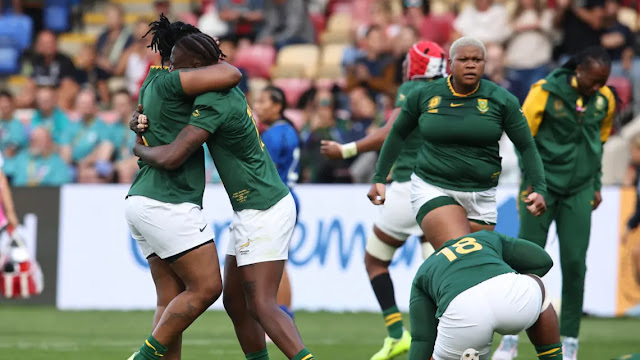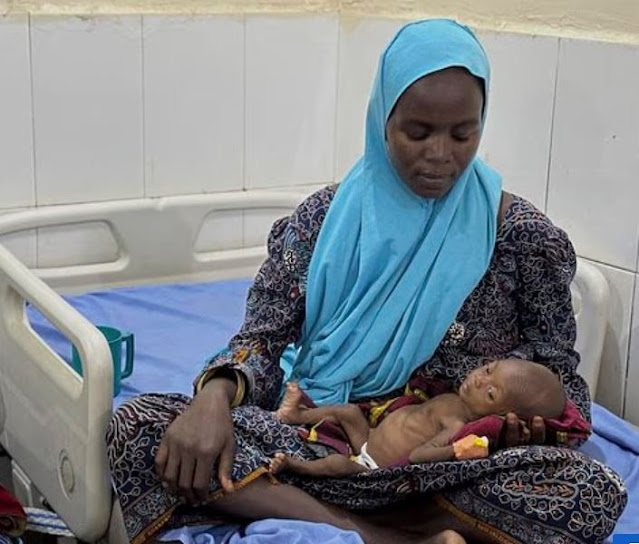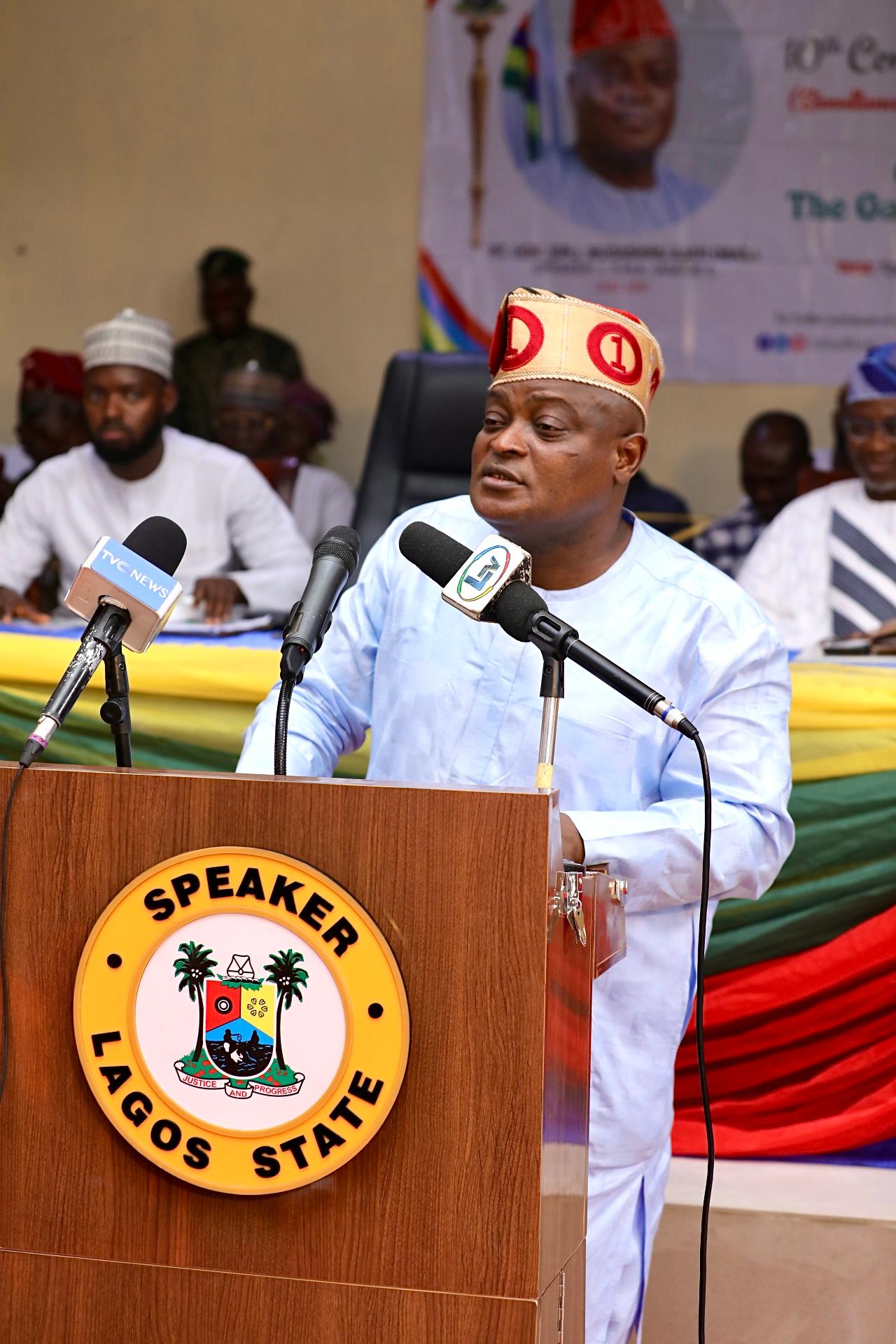The South African women’s rugby team, inspired by the Springboks’ triumphant achievements, is intensifying its efforts to carve out a legacy of its own on the global stage. With a renewed focus on preparation, investment, and ambition, the team is poised to emulate the success of their male counterparts, who have secured the Rugby World Cup title four times. The women’s team, under the guidance of head coach Louis Koen and SA Rugby CEO Rian Oberholzer, is channeling its energies into building a competitive squad capable of challenging the world’s best. This article delves into the team’s journey, their aspirations, and the strategic steps being taken to elevate women’s rugby in South Africa to new heights.
A New Era for South African Women’s Rugby
The Springboks’ recent dominance in men’s rugby, particularly their back-to-back World Cup victories in 2019 and 2023, has set a high benchmark for South African rugby as a whole. The women’s team, often referred to as the Springbok Women, is now stepping into the spotlight with a clear goal: to replicate that success and establish themselves as a powerhouse in international women’s rugby. Unlike the men’s team, which has enjoyed decades of investment and global recognition, the women’s game in South Africa has historically been underfunded and overlooked. However, recent developments signal a shift in priorities, with SA Rugby committing to significant investments to bridge the gap.
The Springbok Women’s team is not starting from scratch. They have shown flashes of potential in recent years, particularly in their performances at the 2021 Rugby World Cup in New Zealand, where they competed against some of the world’s top teams. While they didn’t secure a podium finish, their resilience and determination caught the attention of rugby enthusiasts and administrators alike. Now, with the 2025 Women’s Rugby World Cup on the horizon, the team is intensifying its efforts to ensure they are not just participants but serious contenders.
Strategic Investments in Women’s Rugby
One of the most significant changes in the South African women’s rugby landscape is the increased financial and structural support from SA Rugby. CEO Rian Oberholzer has been vocal about the need to prioritize women’s rugby, acknowledging that the sport’s growth is essential for the overall development of rugby in the country. This commitment is evident in the establishment of professional contracts for players, a move that has been a game-changer for the team.
In the past, many Springbok Women players had to juggle rugby with full-time jobs, limiting their ability to train and compete at the highest level. The introduction of professional contracts has allowed players to focus solely on their rugby careers, providing them with the time and resources to hone their skills. This shift mirrors the professionalization of women’s rugby in countries like New Zealand, England, and France, where fully professional setups have led to significant improvements in performance.
In addition to contracts, SA Rugby has invested in high-performance programs, including access to world-class training facilities, sports science support, and coaching expertise. The team now trains at a dedicated high-performance center, where they have access to strength and conditioning coaches, nutritionists, and medical staff. These resources are critical for ensuring that players can compete at the physical and mental levels required to take on powerhouses like the Black Ferns (New Zealand) and the Red Roses (England).
Coaching and Leadership: The Role of Louis Koen
At the helm of the Springbok Women’s team is head coach Louis Koen, a former Springbok fly-half who brings a wealth of experience to the role. Koen has been tasked with transforming the team into a cohesive unit capable of competing with the best in the world. His approach is rooted in a combination of technical excellence, tactical innovation, and fostering a winning mentality among the players.
Koen’s coaching philosophy emphasizes the importance of adaptability and resilience. He has worked closely with the team to develop a playing style that blends South Africa’s traditional strengths—physicality and set-piece dominance—with the flair and creativity needed to thrive in the modern game. The Springbok Women are known for their powerful forwards and aggressive defensive play, but Koen is keen to add layers of attacking versatility to their arsenal.
Under Koen’s leadership, the team has also focused on building a strong team culture. The Springbok Women come from diverse backgrounds, representing different provinces and communities across South Africa. Koen has emphasized the importance of unity, encouraging players to embrace their shared identity as Springboks while celebrating their individual strengths. This sense of camaraderie is evident in the team’s performances, where players display a willingness to fight for each other on the field.
Building a Pathway for Success
To achieve long-term success, SA Rugby is not only focusing on the senior team but also investing in grassroots and youth development programs. The organization recognizes that building a sustainable pipeline of talent is crucial for maintaining competitiveness. Initiatives such as the Under-20 Women’s program and regional academies are designed to identify and nurture young players who can one day represent the Springbok Women.
These development programs are particularly important in a country like South Africa, where rugby has traditionally been male-dominated. By creating opportunities for young girls to engage with the sport, SA Rugby is breaking down barriers and inspiring a new generation of female rugby players. Schools and community clubs are being encouraged to promote women’s rugby, with coaching clinics and tournaments aimed at fostering interest and participation.
The impact of these initiatives is already being felt. Players like Lusanda Dumke, who has emerged as a key figure in the Springbok Women’s squad, are products of these development pathways. Dumke, a dynamic loose forward, has become a role model for young players, demonstrating that with hard work and dedication, it is possible to reach the highest levels of the game.
Challenges and Opportunities
Despite the progress being made, the Springbok Women face significant challenges as they aim to compete with the world’s best. One of the biggest hurdles is the gap in experience and exposure compared to teams like New Zealand, England, and France. These nations have well-established women’s rugby programs, with players who have been competing at the professional level for years. In contrast, many Springbok Women players are relatively new to the professional game, and building the necessary depth and experience will take time.
International exposure is another critical factor. To close the gap with top-tier teams, the Springbok Women need regular opportunities to compete against high-quality opposition. SA Rugby is addressing this by scheduling more international fixtures and participating in competitions like the WXV, a global tournament that pits the best women’s teams against each other. These matches provide invaluable experience and help the team measure their progress against the world’s elite.
The 2025 Women’s Rugby World Cup, to be held in England, represents a golden opportunity for the Springbok Women to showcase their progress. The tournament is expected to be the most competitive in the history of women’s rugby, with teams like New Zealand, England, France, and Canada all vying for the title. For the Springbok Women, the goal is not just to participate but to make a statement by advancing deep into the tournament.
The Role of Inspiration: The Springbok Legacy
The success of the Springboks has been a powerful motivator for the women’s team. Players like Siya Kolisi, Eben Etzebeth, and Cheslin Kolbe have become household names, not just in South Africa but around the world. Their achievements have shown what is possible when talent, hard work, and belief come together. The Springbok Women are drawing inspiration from this legacy, with many players citing the men’s team as a driving force behind their own ambitions.
Captain Nolusindiso Booi, a stalwart of the women’s team, has spoken about the importance of emulating the Springboks’ never-say-die attitude. “The Springboks have shown us that anything is possible if you believe in yourself and work as a team,” Booi said in a recent interview. “We want to make South Africa proud and show the world that the Springbok Women are a force to be reckoned with.”
This sense of pride and purpose is shared by the entire squad. Players like Zintle Mpupha, Aseza Hele, and Rights Mkhari bring a mix of experience and youthful energy to the team, creating a dynamic blend that bodes well for the future. The team’s diversity, both in terms of playing styles and backgrounds, is seen as a strength, allowing them to adapt to different challenges and opponents.
The Road to 2025 and Beyond
As the Springbok Women prepare for the 2025 Rugby World Cup, their focus is on building momentum through a combination of domestic and international competitions. The team is expected to compete in several warm-up matches and tournaments in the lead-up to the World Cup, providing them with opportunities to fine-tune their game plan and build cohesion.
Off the field, SA Rugby is working to increase the visibility of the women’s game. Broadcasting deals, social media campaigns, and community engagement initiatives are all part of a broader strategy to grow the fanbase for women’s rugby. The goal is to create a virtuous cycle where increased visibility leads to greater interest, which in turn attracts more investment and talent to the sport.
The Springbok Women are also benefiting from the growing global interest in women’s rugby. The sport has seen a surge in popularity in recent years, with record-breaking crowds attending matches and increased media coverage. This global momentum provides an ideal platform for the Springbok Women to showcase their talent and inspire a new generation of players and fans.
A Vision for the Future
The journey of the Springbok Women is about more than just winning matches or tournaments. It is about creating a lasting legacy for women’s rugby in South Africa. The team’s success has the potential to transform perceptions of the sport, proving that women’s rugby is just as exciting, competitive, and inspiring as the men’s game.
SA Rugby’s vision is to build a women’s team that can consistently compete at the highest level, challenging for World Cup titles and Olympic medals. While this goal may seem ambitious, the progress made in recent years suggests that it is within reach. With the right support, the Springbok Women have the talent and determination to become a dominant force in world rugby.
As the 2025 Rugby World Cup approaches, the Springbok Women are ready to take on the challenge. They carry the hopes of a nation that has embraced rugby as a symbol of unity and resilience. By stepping up their preparation, embracing professionalism, and drawing inspiration from the Springboks’ legacy, the women’s team is poised to make history. The world of rugby is watching, and the Springbok Women are ready to shine.
Conclusion
The South African women’s rugby team is at a pivotal moment in its history. With increased investment, professional contracts, and a clear vision for the future, the Springbok Women are well-positioned to chase the same success that has defined the Springboks. Under the leadership of Louis Koen and with the support of SA Rugby, the team is building a foundation for long-term success. As they prepare for the 2025 Rugby World Cup and beyond, the Springbok Women are not just playing for themselves but for a nation that believes in their potential. Their journey is a testament to the power of ambition, unity, and the relentless pursuit of excellence.






